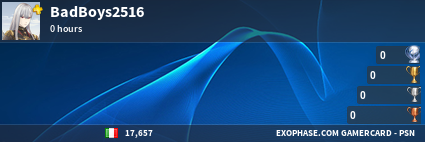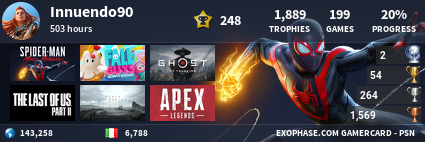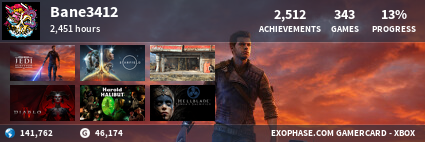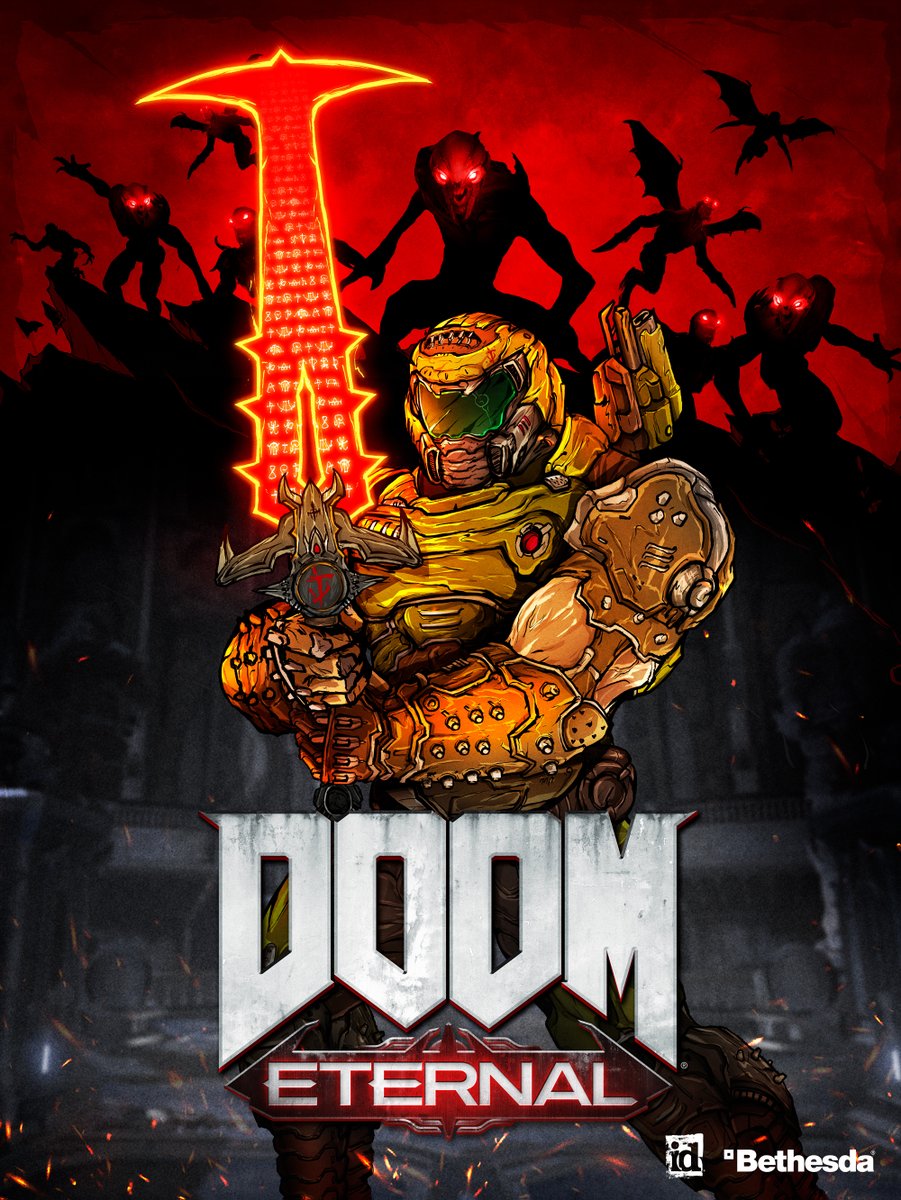Of course, what qualifies as "challenging" is deeply subjective and influenced by everything from the underlying creative vision to the tastes of the would-be audience. But games always have the capacity to make compromises. Difficulty settings can make a tough game more approachable. Accessibility settings can make complex controls less of a burden for players who need (or even just want) an easier time. Games don't have to be grueling to be great. For a beloved elder franchise that has fans spanning multiple age groups, a high barrier to entry is a crushing disappointment.
That's where and why
Metroid Dread is a resounding failure for me. You can't change the difficulty or make the experience more accessible. There are no compromises that might ease the pain of a particularly challenging encounter. If you get stuck on a boss for two hours, well, hopefully, you'll get a handle on it before the third hour passes. Or the fourth, or later. Because that's your only option!
Comparing hard games to
Dark Souls may be a tired meme at this point, but this is a case where the spirit of that meme actually applies. It's not that From Software's hit series is hard so much as it is uncompromising; you have to meet the Souls games and those like it on their terms. That's the case as well for developer MercurySteam's work on
Metroid Dread: This is a hard game, yes, but it's a static challenge. You're either going to get it, or you won't.
The uncompromising approach extends beyond the moment-to-moment gameplay, too.
Metroid Dread is incredibly vague about what you're supposed to do at any given moment. That's been a series trope for a long time with the side-scrolling Metroid games. But just because something is an established tradition that doesn't mean it's the right idea.
 )
)







